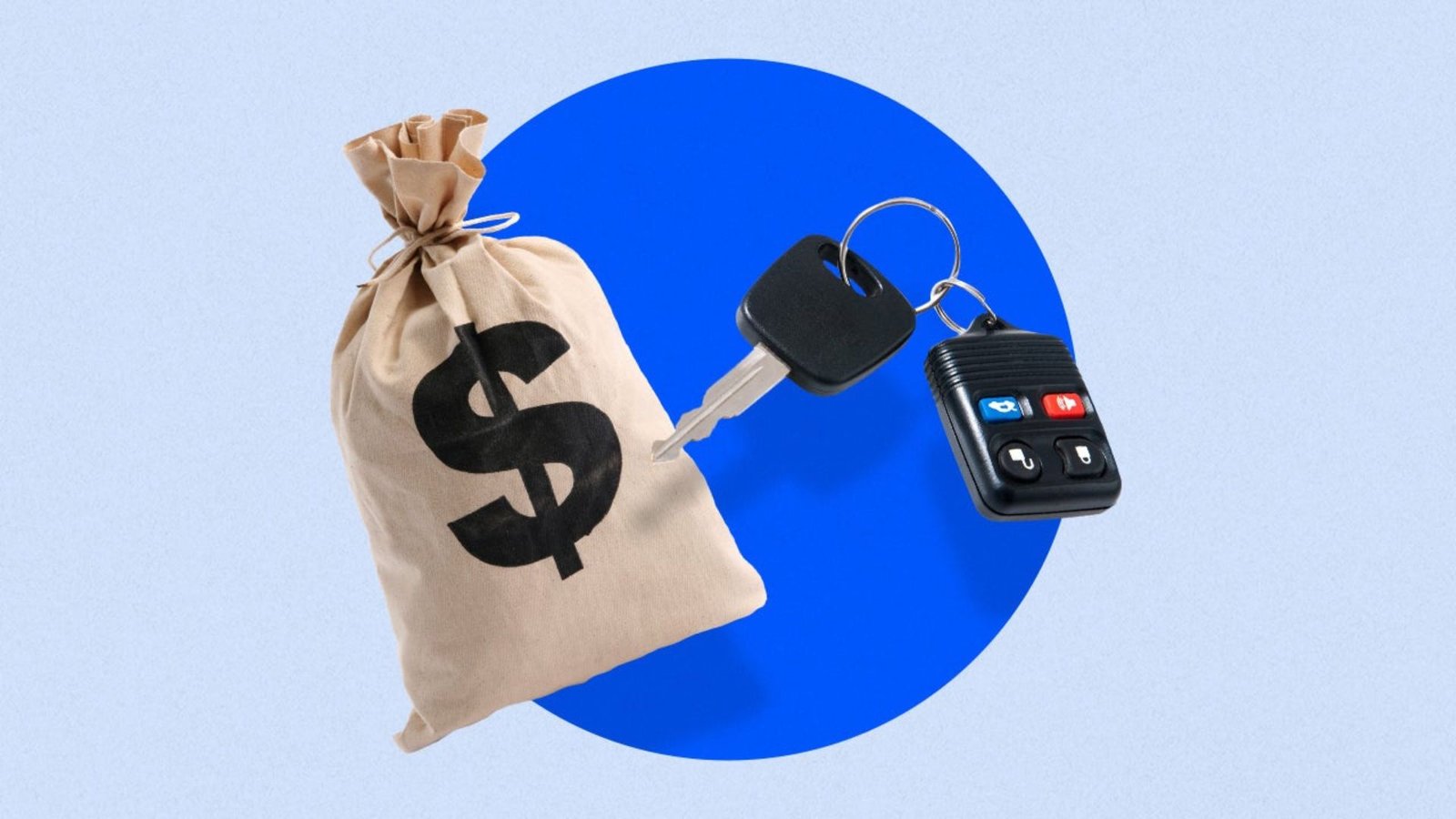Exploring Different Types of Auto Loans
|
Getting your Trinity Audio player ready...
|
When it comes to purchasing a car, many people rely on auto loans to finance their purchases. Auto loans provide individuals with the opportunity to spread out the cost of a vehicle over time, making it more affordable to drive away in their dream car. However, not all auto loans are created equal. Understanding the different types of auto loans available can help you make an informed decision that best fits your financial situation and needs.

What are Auto Loans?
Auto loans are a type of financial assistance provided by lenders to individuals looking to purchase a vehicle. With an auto loan, the borrower receives a sum of money from the lender to buy a car and then repays the loan over time with interest. These loans allow individuals to spread out the cost of a vehicle purchase, making it more affordable to buy a car without having to pay the full amount upfront. Auto loans can be obtained from banks, credit unions, online lenders, or directly from car dealerships. They typically have fixed interest rates and repayment terms, and the vehicle itself serves as collateral for the loan.
Different Types of Auto Loans
Secured Car Loan
In a secured car loan, the vehicle serves as collateral for the loan. This means that if the borrower defaults on the loan, the lender has the right to repossess the car to recoup their losses. It’s important to note that secured loans typically come with lower interest rates, but borrowers should be aware of the risk of repossession if they cannot make payments.
Unsecured Car Loan
On the other hand, unsecured car loans do not require collateral. Without collateral, lenders compensate for the increased risk by offering higher interest rates compared to secured loans. While less common, unsecured loans provide an option for borrowers who may not want to risk losing their vehicle as collateral.
Traditional Auto Loans
Traditional auto loans are the most common type of financing option for purchasing a car. With this type of loan, you borrow a specific amount of money from a lender to buy the vehicle, and then you repay the loan over time with interest. Traditional auto loans typically have fixed interest rates, meaning your monthly payments remain the same throughout the loan term. These loans are available from banks, credit unions, and online lenders, offering flexibility in terms of repayment terms and loan amounts.
Dealership Financing
Another popular option for financing a car is dealership financing. With dealership financing, you secure a loan directly from the car dealership where you’re purchasing the vehicle. Dealership financing can be convenient, as it allows you to complete the entire car-buying process in one location. However, it’s essential to compare the terms and interest rates offered by the dealership with other lenders to ensure you’re getting the best deal. Be cautious of add-ons and extras that dealerships may offer, as they can increase the overall cost of the loan.
Lease Buyouts
If you’ve been leasing a car and decide you want to keep it, you may have the option to buy out the lease. A lease buyout involves financing the remaining value of the vehicle at the end of the lease term. This allows you to become the owner of the car outright. Lease buyouts can be a good option if you’ve grown attached to the car or if you’ve exceeded the mileage limits of the lease agreement. However, it’s essential to carefully review the terms and conditions of the buyout offer to ensure it’s the right financial decision for you.
Subprime Auto Loans
Subprime auto loans are designed for individuals with less-than-perfect credit scores. These loans typically have higher interest rates compared to traditional auto loans, reflecting the increased risk to the lender. While subprime auto loans can be a lifeline for those with poor credit, it’s essential to proceed with caution. Be sure to shop around and compare offers from multiple lenders to ensure you’re getting the best possible terms. Additionally, consider working on improving your credit score before applying for a subprime auto loan to qualify for better rates in the future.
Refinancing Auto Loans
Refinancing an auto loan involves replacing your existing loan with a new one, usually with better terms or a lower interest rate. This can help you save money on interest payments over time or reduce your monthly payments to make them more manageable. This can be especially beneficial if your credit score has improved since you first took out the loan or if interest rates have dropped since then. However, it’s essential to weigh the costs and benefits of refinancing carefully and consider factors such as fees, loan terms, and the remaining balance on your current loan.
Conclusion
When it comes to financing a car, there are several types of auto loans to consider. Whether you opt for a traditional auto loan, dealership financing, lease buyout, subprime auto loan, or refinancing, it’s essential to carefully review your options and choose the loan that best fits your financial situation and needs. By understanding the different types of auto loans available and comparing offers from multiple lenders, you can secure the financing you need to drive away in your dream car.
You will find the following information useful:






